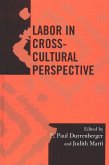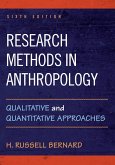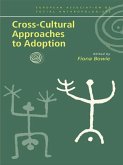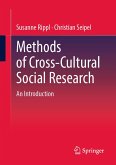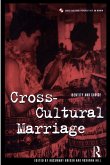Without ethnography, cross-cultural comparison would not be possible. But without cross-cultural comparison, we would know nothing of what may be universal or variable across human cultures, or why variation exists. Cross-Cultural Research Methods is an introductory teaching tool that shows students and potential researchers how to describe, compare, and analyze patterns that occur in different cultures, that is, how to form and test anthropological, sociological, psychological, medical, or political hypotheses about cultural variation.
Carol and Mel Ember outline the basic logic and procedures of cross-cultural research in a clear, readable, and jargon-free manner. One of the volume's greatest strengths is the many examples provided, which serve as concrete illustrations of the principles described in the text. The descriptions of statistical procedures provide enough detail to explain the utility of each statistic, but do not get bogged down in details. The new chapter on multivariate methods provides a brief but valuable overview of regression. The chapter on minimizing error is, I think, unique in books on social science methods, and should be required reading for all anthropologists, regardless of the data with which they work. This is an outstanding little book. I highly recommend it. -- Peter N. Peregrine, Lawrence University This book sets the standard for those who pursue cross-cultural research. It will be useful to practitioners at all levels, from the beginner to the expert. -- Robert L. Munroe, Pitzer College



